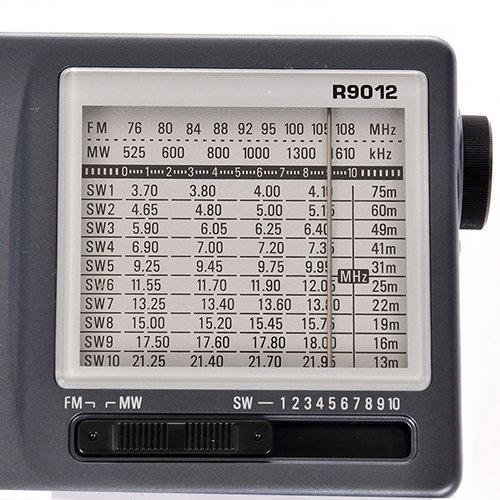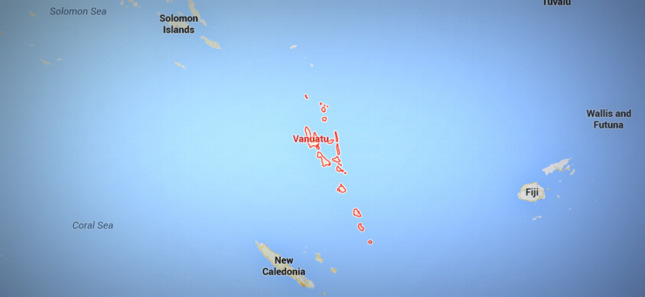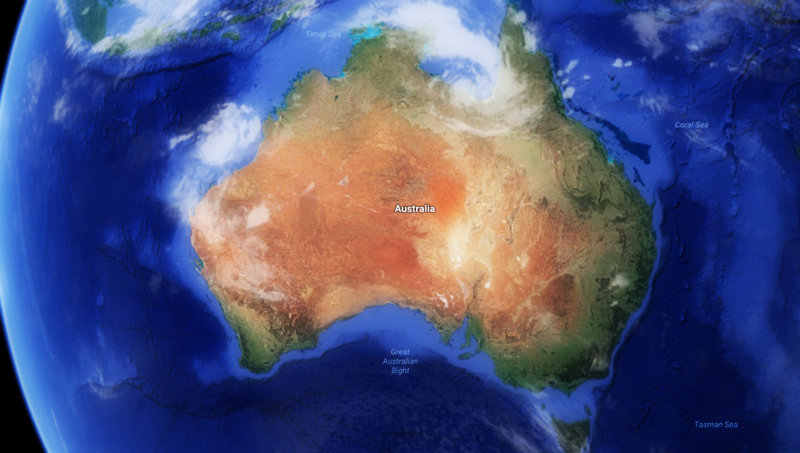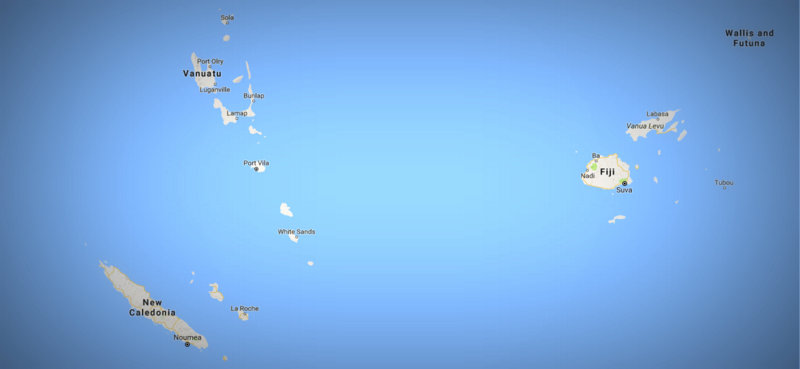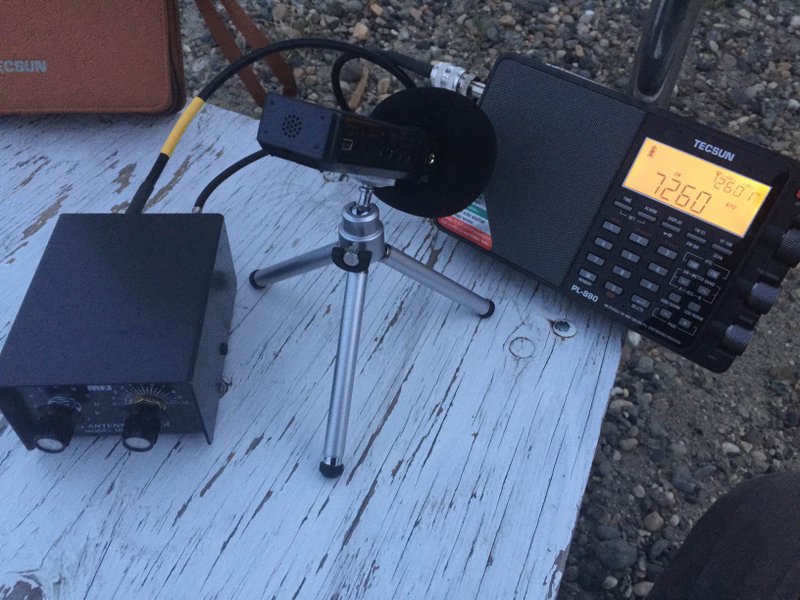(Source: ABC Pacific Beat via Michael Bird)
In the age of social media and internet technology, shortwave may be seen as traditional technology — but it still plays an important role in reaching far-flung communities, with Vanuatu’s public broadcaster now investing millions of dollars to boost its shortwave service.
The Vanuatu Broadcasting Television Corporation (VBTC) is investing AUD$12 million in upgrading its national radio service through its shortwave and and medium wave service.
VBTC chief executive officer, Francis Herman told the ABC that only 30 per cent of the country can access national radio but after the upgrade, this would increase to 100 per cent coverage across Vanuatu’s 80-plus islands.
“Radio as you know is cost effective, people can pick it up on their phone, in the villages where television can not reach, radio is the companion for people,” Mr Herman said.
The Australian Broadcasting Corporation shutdown its shortwave service to the Pacific in 2017, in favour of a digital presence while China and New Zealand have increased their shortwave coverage.
Technology commentator Peter Marks said investing in shortwave is a great way to complement Vanuatu’s national radio service.
“Shortwave comes from over the horizon it will continue to work even when local conditions are difficult like extreme weather that might knock out local FM and AM stations and internet,” Mr Marks said.
Vanuatu is listed by the United Nations as one of the most disaster-prone countries in the world and regularly experiences, earthquakes, cyclones and floods.
Mr Herman said this makes having a national shortwave service even more important.
“We have general elections in March next year, we are about to head into the cyclone season beginning in November and so its important, it’s crucial that the people of Vanuatu can get access to a reliable and credible broadcaster,” Mr Herman said.
Along with its shortwave broadcasts, the VBTC is also looking to improve its television coverage over the next two years, with funding support from the Vanuatu government, New Zealand and China.
Click here to read the full article and listen to the audio at Pacific Beat.
Do you enjoy the SWLing Post?
Please consider supporting us via Patreon or our Coffee Fund!
Your support makes articles like this one possible. Thank you!

